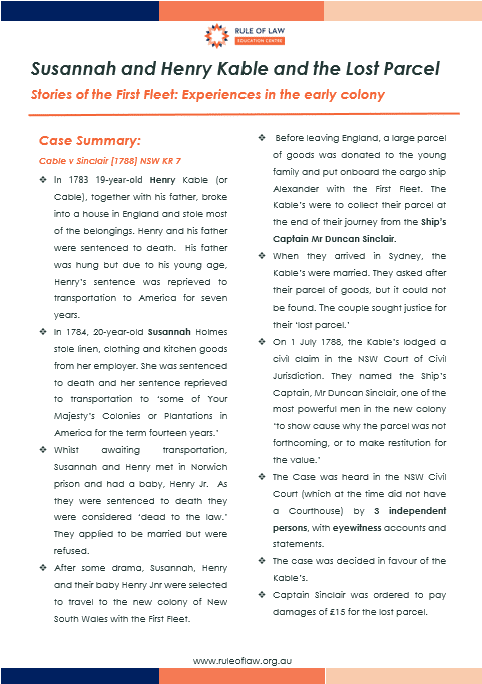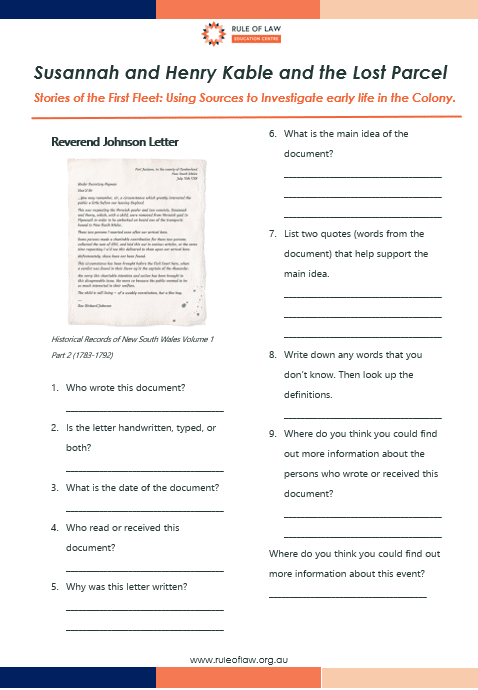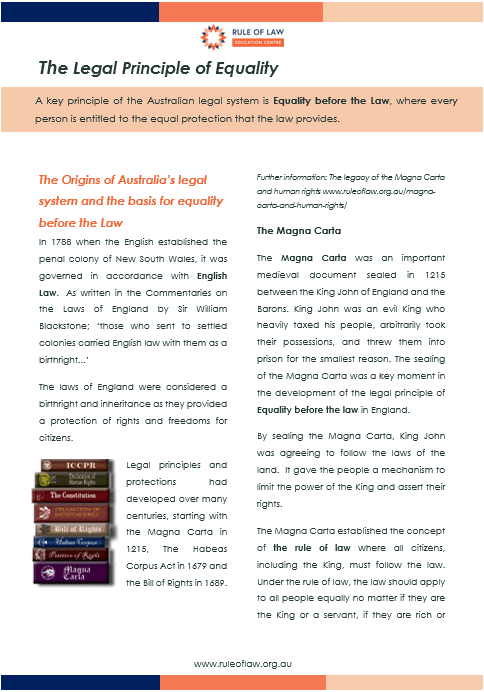Equality before the Law:
No One is Above the Law
In Australia, equality is a core value of our democracy. It is often described as giving everyone a “fair go.”
This means Australians have the same rights to vote, take part in society, and be treated equally under the law.
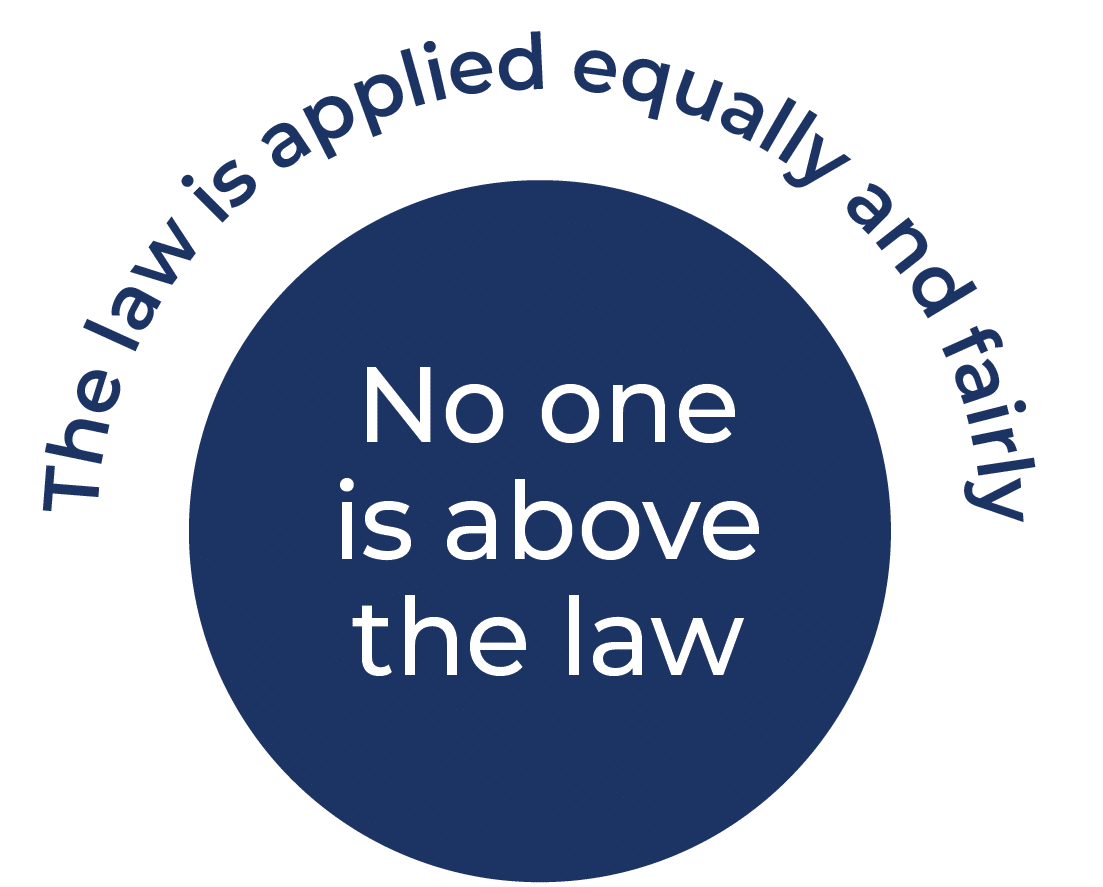
What does Equality before the Law mean?
‘Equality before the law’ means:
the law should apply to all people equally, regardless of their status in society – rich or poor, young or old, regardless of their gender, race, culture, religion, or any other attribute.
This means that everyone is treated the same by the law, no matter who they are. It does not matter if someone is rich or poor, young or old, or what their gender, race, religion or background is.
All those in power, including judges, police and lawmakers, must treat people equally and not make arbitrary distinctions. All like cases should be treated alike.
This idea is often depicted by the image of Lady Justice wearing a blindfold- she treats all people the same without bias.
This also forms a key part of the judicial oath ‘to do right to all manner of people.’

What Does Equality Before the Law Include?
Equality before the law means that all human beings have the right to be treated equally before the law. This means that people have:
- Equal application of the laws, where the same rules are applied to everyone in the same way. This requires:
-
- Equal recognition before the law, where everyone has the right to access justice. See Dietrich’s Case and Bayley’s Case, which highlight the right to a fair trial for all people, irrespective of the seriousness of their crime.
- Equal protection (or benefit) by the law. Henry and Susannah Kable’s Case was the first civil case in NSW where two convicts were able to benefit from the protection of the law and sue for their baggage lost on the First Fleet.
- Equal responsibility, where everyone must follow the law and equally answer for their actions and accept penalties when the law is broken. For example, the Magna Carta, where even the King must follow the law.
-
- Equal substance of the law. The content of a law should not treat one group unequally compared to another. Equality is tied to generality. Laws should be written in general terms to apply to everyone, not just against particular individuals. This helps make the law fair and predictable, so that people know with certainty how the laws will be applied. This enables people of all different backgrounds to make decisions in their personal and business situations with confidence as to the lawfulness of their actions. It also stops those in power from making laws that arbitrarily target certain groups.
What are the key principles of Equality before the law?
1. All People are Equal
The Universal Declaration of Human Rights states,
“all human beings are born free and equal in dignity and rights.”
This means we are all equal simply because we are human. Our rights do not come from a law, they are part of being human.
No matter our age, race, religion or gender, we are “all human beings born free and equal in dignity and rights”, and this right is inherent, not something that is granted by a Human Rights document or piece of legislation.
The concept of inherent human rights has developed over centuries as social values and laws have evolved. The legacy of human rights can be traced from the Bible through to the Magna Carta, with a clear articulation in the Universal Declaration of Human Rights.
2. No one is above the Law
Given that all people are equal and must follow the law, this means that those in power must also follow the law. They do not have special privileges but are equally accountable for their actions and equally receive the protection of the law.
This is a key element of the rule of law as outlined by Professor A.V. Dicey who described the rule of law as follows:
- It means . . . the absolute supremacy or predominance of regular law as opposed to the influence of arbitrary power, and excludes the existence of arbitrariness, of prerogative, or even of wide discretionary authority on the part of the government. Englishmen are ruled by the law, and by the law alone; a man may be punished for a breach of law, but he can be punished for nothing else.
- It means equality before the law, or the equal subjection of all classes to the ordinary law of the land administered by the ordinary law courts; the ‘rule of law’ in this case excludes the idea of any exemption of officials or others from the duty of obedience to the law which governs other citizens or from the jurisdiction of the ordinary courts.
- With us the law of the constitution, the rules which in foreign countries naturally form part of a constitutional code, are not the source but the consequence of the rights of individuals, as defined and enforced by the courts; . . . the principles of private law have . . . by the action of the courts and Parliament so extended as to determine the position of the Crown and its servants; thus the constitution is the result of the ordinary law of the land.
3. Equal Access to Justice
Under the rule of law, the law should apply to all people equally no matter if they are the King or a servant, if they are rich or poor.
Everyone should be able to:
-
- Get a fair trial.
- Be treated fairly in court.
- Have their case heard by an independent judge.
Equal access to justice ensures the law is applied fairly to everyone, no matter their background.
Fairness and Justice: When people need to be treated differently
Sometimes, it’s fair for the law to treat people differently if their situations are truly different.
When the law treats people differently, it should be for a clear and specific reason, and only for as long as that reason applies. The differentiation must respect and consider the human rights of all those impacted by the law.
As Lord Bingham wrote in his book on the Rule of Law,
“We would also accept that some categories of people should be treated differently because their position is in some important respects different. Children are the most obvious example. Children are, by definition, less mature than a normal adult, and should not be treated as a normal adult would expect to be treated. Thus, they are not liable to be prosecuted for a crime below a certain age.”
However, when children reach adulthood, this distinction is removed, and they should no longer be treated differently, just because they once were children!
Origins of Equality before the Law: Principles from the Magna Carta
The idea that no one is above the law goes back to the Magna Carta, a document signed in 1215 in England.
The Magna Carta was an important medieval document sealed in 1215 between King John of England and the Barons. King John was an evil King who heavily taxed his people, arbitrarily took their possessions, and threw them into prison for the smallest reason. The sealing of the Magna Carta was a key moment in the development of the legal principle of equality before the law in England.
By sealing the Magna Carta, King John was agreeing to follow the laws of the land. It gave the people a mechanism to limit the power of the King and assert their rights. It was a first step towards equality before the law, where the no one, not even the King was above the law.
However, in 1215, English society was feudal with a hierarchical structure, with the King and Barons at the top. Thus, not all people received equal protection from the law; there were still legal restrictions placed on Roman Catholics, Jewish people and women. Although the Maga Carta did not immediately give equal rights to everyone, it was instrumental in starting the journey toward the legal equality we believe in today.
To learn more about the legacy of the Magna Carta and human rights click the button below:
Equality before the Law in Australia: A Brief History
When the British arrived in Australia in 1788 and set up the colony of New South Wales, they brought English law with them. According to Sir William Blackstone, a famous English legal writer, settlers carried English law as part of their birthright.
One of the most important birthrights of English law was equality before the law, which came from the Magna Carta. Those who came to the penal colony believed that as English people, they had the inherent/birthright to be treated equally under the law, no matter who they were.
In 1901, the Australian Constitution came into effect, however, it does not specifically mention “equality before the law.” This was a deliberate choice by the people who wrote it because the idea of equality is part of the broader concept of the rule of law, the foundation on which the Constitution was constructed.
Australia has also agreed to international human rights laws, such as the Universal Declaration of Human Rights and the International Covenant on Civil and Political Rights (ICCPR). Article 26 of the ICCPR says:
“All persons are equal before the law and are entitled without any discrimination to the equal protection of the law.”
Whilst Australia has signed and agreed to this treaty, not all parts of it have been incorporated into Australian law. Some parts have been included in laws like the Racial Discrimination Act 1975 (Cth) and the Anti-Discrimination Act 1977 (NSW).
Victoria, the ACT, and Queensland have enacted their own human rights laws, which explicitly explain and protect rights like equality before the law. However, these laws are not the source of these rights, they simply recognise them and provide a mechanism to protect them. This is because these rights are considered inherent, they belong to all people just because they are human.
The most important way that human rights are protected, however, is through a culture of lawfulness, where people value and protect the rights of others.

In his article in the Australian newspaper on 9 June 2023, Chris Merritt wrote about the Case of Sussanah and Henry Kable:
It was Australia’s first civil case and it proved that equality before the law was part of this country’s heritage from the very beginning. It is a doctrine that for too long was applied imperfectly.
Yet even in the dark days when it was reduced to a mere aspiration, the desire for equal treatment never disappeared and helped inform the long struggle to build a nation based on the idea we are all equal regardless of race, religion or political affiliation.
To learn more about the Magna Carta:
Case Study of Equality Protection before the Law:
The story of the first civil case in New South Wales, ‘The Lost Parcel’
Susannah and Henry were poor convicts who could not read or write, but they were able to use the justice system to restore their loss and sue the Ship’s powerful captain.
This case study demonstrates how the principle of equality was part of the legal system in the early colony of New South Wales and how the rights of all citizens, including convicts were protected.
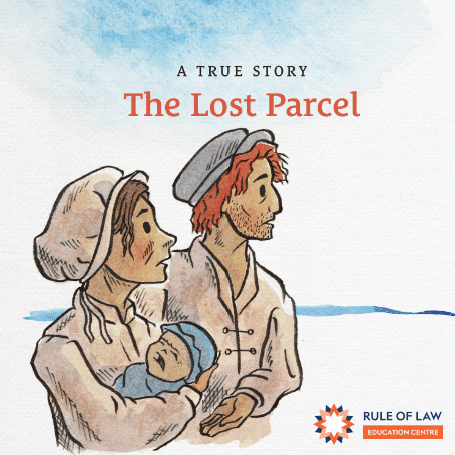
Summary of the Susannah and Henry Kable Case
Stories of the First Fleet: Experiences in the early colony
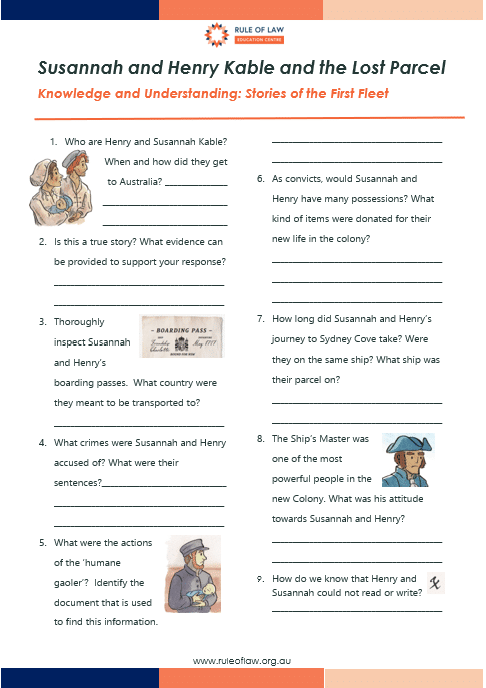
Source Document Analysis
Knowledge and Understanding: Stories of the First Fleet
Extended Source Document Analysis
Stories of the First Fleet: Using Sources to Investigate early life in the Colony.
The Legal Principle of Equality
Origins of Australia's Legal System
Further reading:
-
- The Law of the Constitution: AV Dicey
- The Rule of Law: T Bingham
- ‘The Relevance of Difference — Equal Justice and Equality before the Law:’ Former Chief Justice Robert French AC
- ‘Courts and the Rule of Law;‘- Former Chief Justice Murray Gleeson
- ‘The Australian Constitution and the United States’ 14th Amendment:‘ Robert Size

